-
•
•
7 responses
-
•
•
39 responses
If you want to know where Mormonism going, look at Mormon missionary work. Mormonism is nothing if not a missionary church. Indeed, the evangelical imperative of the religion has consistently defined its teachings, theology, and culture. For example, if one is looking to read Mormon theology in the nineteenth century, you would find little in the way of theological treatises. Rather, you would find missionary tracts like Pratt’s Key to the Science of Theology, or you could read sermons, sermons whose doctrinal content is almost always embedded in an explicit or implicit theological polemic against American Protestantism. This is because… Read More
-
•
•
4 responses
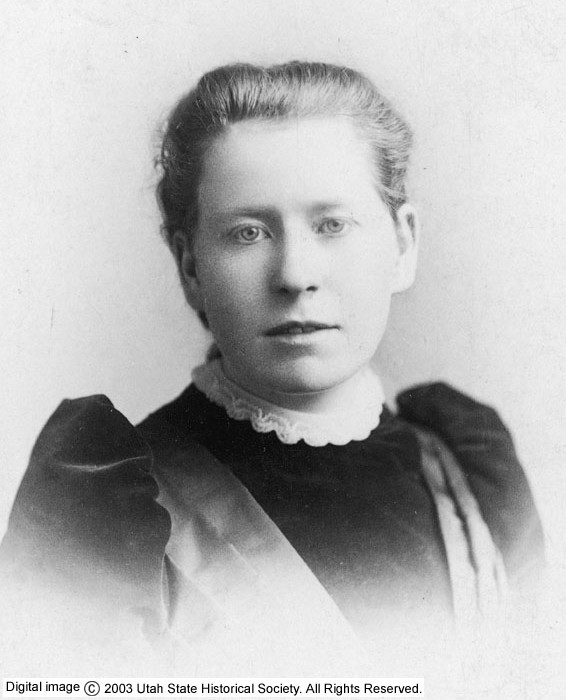
King Benjamin’s oft-cited dictum that service to our fellow man is service to God is well known among Mormons. And, if surveys like the recent University of Pennsylvania survey are accurate, Mormons do quite well putting the idea in practice. Still, better than others doesn’t mean that we are where we should be or ought to be. And, like all humans, we have our rationales for failure to act. So perhaps a poem that addresses our failures will work well with Book of Mormon lesson #15. Read More
-
•
•
5 responses

The door is the first thing I notice: an automatic sliding door with three wide panels of glass. When I step on the sensor mat, the third panel slides back behind the second and the second slides back behind the first, leaving a doorway at least ten feet across. It takes me a minute to remember where else I’ve seen a door like this: the children’s hospital. The ER, to be exact. Not the main entrance, but the one in the ambulance zone, where EMTs rolled gurneys bearing little bodies into the fluorescent light of the trauma center. But this… Read More
-
•
•
3 responses
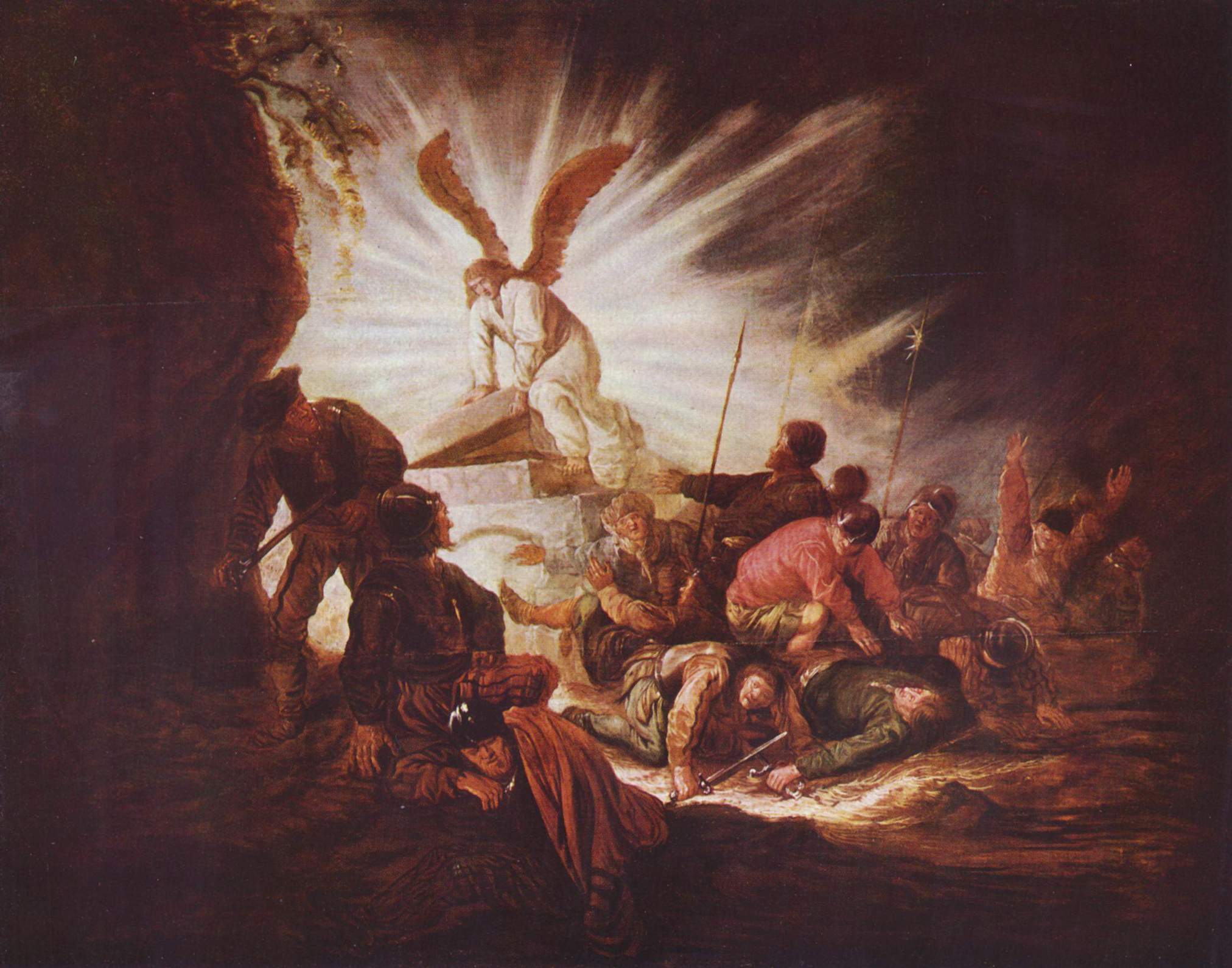
The hot cross buns in the kitchen are on their final rise; meanwhile, the kitchen smells of cinnamon and allspice and lemon and orange zest. Read More
-
•
•
51 responses
For many people, being confronted by a panhandler presents a moment of profound moral choice. I think that these people are confused. As I understand it, the panhandler presents a moment of profound moral choice because he forces us to confront the reality of poverty and our willingness to do something about it. To give money to the panhandler is to act as Christ’s disciple, ministering to the poor. To walk by the panhandler is to ignore the poor and the downtrodden. The text I have most often seen in church for framing this crisis comes from King Benjamin’s address:… Read More
-
•
•
33 responses

The trouble is time. When the Buddha first turned the wheel of the dharma with his inaugural discourse at Varanasi, he articulated the first pressing reality (i.e., the first “noble truth”) of life as the truth that “Life is suffering.” He could just have easily said, “Life is time.” Gotama claimed this “stainless insight” into the order of experience on the basis of an intensive, first-person phenomenological investigation of life as it is lived. 20th century phenomenology is in fundamental agreement: the transcendental horizon of experience is time. Time is troubling. This being troubled is the stuff of life and the… Read More
-
•
•
53 responses
Mormon doctrine is showing up in unlikely places lately, including the campaign trail, where earlier this week Mitt Romney squelched a questioner’s short speech that started off quoting from the Pearl of Great Price. I suspect that will not be the last doctrinal question of this campaign. But the glare of heightened publicity and attention that comes with having an LDS candidate on the presidential ticket is making it evident that Mormon doctrine — simply what it is and what it isn’t — is just not all that clear. Read More
-
•
•
24 responses

The other day, Nate responded to many of Jana Riess’s criticisms of the City Creek mall in Salt Lake. As I read her piece, one sentence jumped out at me. Read More
-
•
•
14 responses

We are now in Holy Week, and Lent is ending. I’ve been fasting. It’s nothing onerous; just giving up sweets and meats. I’m not a huge fan of penance and self-flagellation, but to be honest, I probably eat too much of both categories for both my conscience and my health. But even if a little guilt is in order, I don’t see any profit in wallowing or groveling. Lent is the perfect time to reset my habits. It is a well-defined period of fasting that, if not observed, is at least recognized throughout Christendom. And it is that very definition,… Read More
-
•
•
64 responses
The embarrassing appearance of BYU Professor Randy Bott’s unsavory speculations about race in a Washington Post article a few weeks ago will undoubtedly have led some BYU administrators and perhaps even some members of the Board of Trustees to spend a few moments thinking carefully about the way BYU teaches church doctrine. It is disturbing to find that one of the most popular teachers at BYU has been continuing to teach ugly ideas that were denounced from the highest levels of the church decades ago. Thousands of students have listened to his lectures. This is an institutional failure, not merely… Read More
-
•
•
193 responses
Jana Riess, a person for whose intelligence and good will I have a great deal of respect, has an article up criticizing the new City Creek mall that that Church has financed in Salt Lake City. You ought to go read Jana’s article. To massively over simplify her point, the mall represents a basic moral failure because the church invested $1.5 billion in the project. This money could have been spent on the poor and rather than a glitzy palace to consumerism. There is a simple and powerful logic to Jana’s claim, but I think that by failing to work… Read More
-
•
•
3 responses
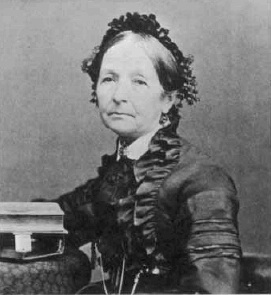
Perhaps the most dramatic incident in gospel doctrine lesson #14 is Enos’ prayer; an example that has no doubt led many LDS Church members to wonder about their persistence and perseverance in prayer. Indeed, Enos’ story of his prayer is generally taken as a lesson in how to pray and what prayer means. It might also be said that Mormonism began with a prayer, and an answer to that prayer that came by way of a vision. That fact, as well as many other examples of prayer, is common in Mormon literature. However, few poems actually discuss the role of… Read More
-
•
•
3 responses
-
•
•
16 responses
President Uchtdorf conducted the closing session of General Conference. Direct quotations of a speaker’s words (based on my notes) are given in quotes; other text is my summary of the remarks given. Any text in italics represents my own editorial comment. Read More
-
•
•
11 responses
President Eyring conducted the Sunday morning session, featuring talks by President Dieter F. Uchtdorf, Elder Russell M. Nelson, Elder Ronald A. Rasband, Sister Julie B. Beck, Elder D. Todd Christofferson and President Thomas S. Monson. Direct quotations (based on my notes) are given in quotes; all other text represents my summary of the remarks given. Parenthetical comments and discussion notes at the end of the post in italics are my own editorial comments. Mormon Tabernacle Choir: Teach me to Walk in the Light of His Love President Dieter F. Uchtdorf, second counselor in the First Presidency, on broken relationships and… Read More
-
•
•
5 responses
President Eyring conducted the Saturday evening Priesthood Session. Direct quotations (based on notes by Kent and myself) are given in quotes; all other text represents my summary of the remarks given. Text in italics is my own editorial comment. I have highlighted in bold type one particularly striking thought or comment in each talk. Read More
-
•
•
15 responses
President Eyring conducted the Saturday afternoon session. Direct quotations of a speaker’s words (based on my notes) are given in quotes; other text represents my summary of the remarks given. Any text in italics represents my own editorial comment. Read More
-
•
•
8 responses
President Uchtdorf conducted the Saturday morning session, featuring talks by President Boyd K Packer, Sister Cheryl A. Esplin, Elder Donald L. Hallstrom, Elder Paul E. Colliger, Elder Dallin H. Oaks and President Eyring, with brief introductory remarks by President Monson. Direct quotations (based on my notes) are given in quotes; all other text represents my summary of the remarks given. Parenthetical comments and discussion notes at the end of the post in italics are my own editorial comments. Read More
-
•
•
One response
Good morning, Conference viewers. Times and Seasons will once again post session-by-session summaries of Conference by Kent and Dave. Whether you are attending in person, listening on television, iPad, or radio, or will miss a session due to conflicts, we hope the posts add something to your Conference weekend. Read More
-
•
•
9 responses
Below are notes from today’s live-streamed presentations at Utah Valley University’s Mormonism and the Internet conference. I will bold particular comments that stand out as I listen. Readers are welcome to make additional observations in the comments. Any reader attending in person? Read More
-
•
•
122 responses

In the name of full disclosure and in order to clarify my agenda, if any, note I tend to agree with Ralph Hancock a great deal of the time and to disagree with Joanna Brooks about as often. In addition, even before I began blogging in 2003, I wrote for Meridian Magazine. (I was one of the original three in the “Circle of Sisters.”) In his recent, two-part review of Joanna Brooks’ The Book of Mormon Girl, Ralph Hancock responds to Brooks’ negative response toward gender differentiation in the church. While I believe it minimizes this differentiation—with women being excluded… Read More
-
•
•
19 responses

We have had horrible luck while traveling with finding church services through Mormon.org. On one trip, the address it gave didn’t exist. (How do I know? After nearly an hour of looking, asking people in the shops nearby, meeting up with friends who were also looking, well, we never found it.) On another, church started an hour after Mormon.org claimed it did. So I’m gun-shy about trusting Mormon.org when I’m looking for church services. Which is why, last summer, on vacation, when my wife saw an older couple wearing missionary name-tags, we decided to confirm when and where the church… Read More
-
•
•
14 responses
We remain, in chapter 9 of The Attributes of God, within Ostler’s larger assessment of the (in)compatibility between exhaustive divine foreknowledge and human free will. I want to do two things in this post. First, I want to focus briefly on Ostler’s claim, on page 280, that the point on which “the debate ultimately turns” is “whether God’s having a belief is relevantly similar to humans having beliefs.” Second, I want to move from an investigation into what Ostler is doing with that gesture to yet another reframing of the question concerning knowledge—a reframing akin in spirit to what I… Read More
-
•
•
One response
Want to be discussed, dear reader? Engage in naval gazing? Hear voices and see faces of names you’ve only read and intellectually crushed on? A reminder of the conference to be held at UVU on Thursday and Friday and appropriately live-streamed over the internet, featuring various luminaries from all corners as John Dehlin (of Mormon Stories), Joanna Brooks (various), Ardis Parshall (Keepapitchinin and others), Scott Gordon (of FAIR), David Charles (of Patheos), James Faulconer, Patrick Mason, Jana Reiss, and others. Joanna Brooks and Jana Reiss will be doing readings on Wednesday, and it’s not clear if those will be broadcast.… Read More
-
•
•
6 responses
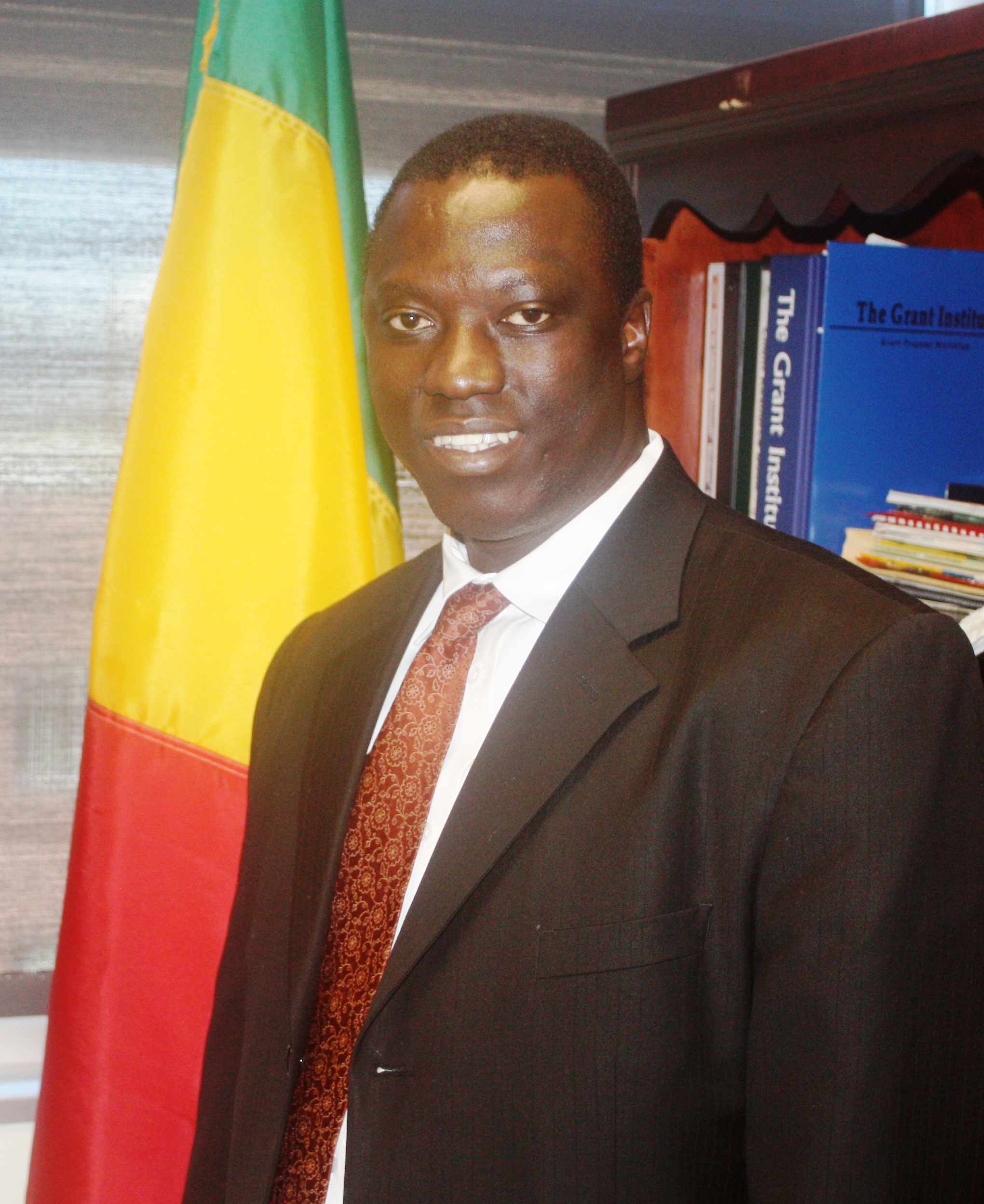
We’re all familiar with unintended consequences. Recent news reports claim that the unintended consequence of last year’s Libyan civil war, which resulted in the death of long-time dictator Muammar Gaddafi. According to these reports, many of Gaddafi’s trained warriors were ethnic Tuaregs from northern Mali. When they returned after the Libyan war, these fighters joined the long-simmering Tuareg rebellion, which heated up suddenly in January. The result? Last week a group of Malian soldiers staged a coup, ousted the Malian government, and cancelled the forthcoming elections. Yes, the same elections that featured an LDS candidate, Yeah Samake. Read More
-
•
•
20 responses
“I’m mad at Jacob,” I snarl to my husband. “Jacob who?” he asks. “Jacob in the Book of Mormon!” He backs away slowly, as if from a dangerous, wounded animal. Read More
-
•
•
16 responses
![All History is Local: A Review of Tiki and Temple by Marjorie Newton [minor update]](https://timesandseasons.org/wp-content/uploads/2012/03/Newton__Tiki.jpg)
Newton, Marjorie. Tiki and Temple: The Mormon Mission in New Zealand, 1854–1958. Draper, UT: Greg Kofford Books, 2012. Paperback. 343 pages. ISBN: 978-1-58958-1210. $ 29.95. Former Speaker of the U. S. House of Representatives, “Tip” O’Neill, is well known for saying All politics is local. By that he meant that voters choose who they support based on how it effects them locally, instead of on major national ideological issues. While how true this is may be debatable (don’t here, its off topic), I think it extends to history also. All history is local. Read More
-
•
•
13 responses
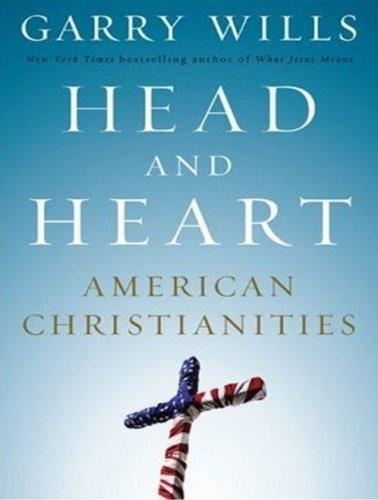
That question is not as straightforward as you might think. Garry Wills’ Head and Heart: American Christianities (Penguin Press, 2007) reviews these two different approaches and uses them to structure his history of Christianity in America. It is an effective format that helps the reader follow developments, in contrast to most histories of religion in America which are often overloaded with doctrinal and denominational details that have little interest for most contemporary readers. Read More
-
•
•
61 responses

In chapter 8 of The Attributes of God, Ostler continues grappling with the question of human agency in relation to God’s foreknowledge. The professional literature generated by this kind of theological question is wide and deep and the field is no particular speciality of mine. On these kinds of questions, Ostler is much better read than I am. The basic problem is this: “If there is anything in [an agent’s] circumstances which precludes a person from exercising a power, then the power cannot be exercised under those circumstances” (249). Blake argues that God’s strong foreknowledge is just the kind of… Read More
